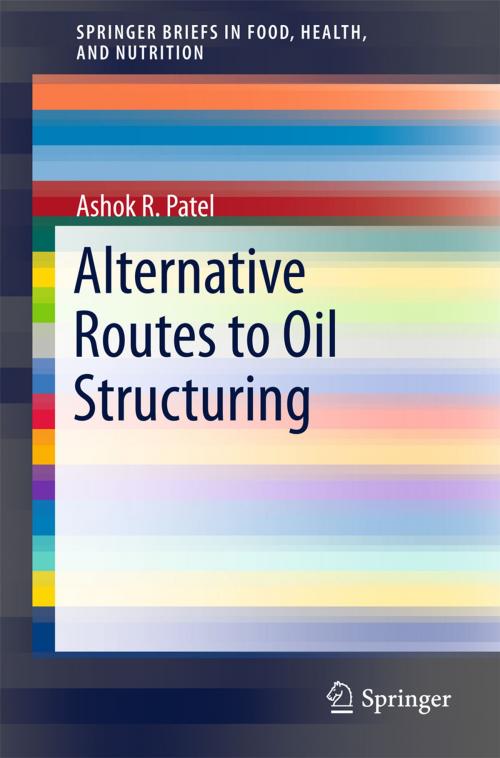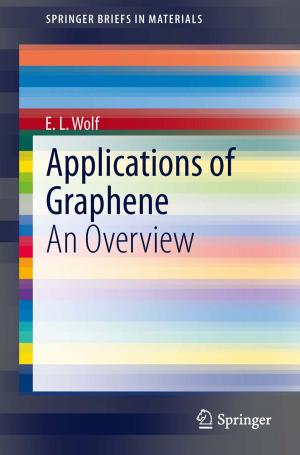Alternative Routes to Oil Structuring
Nonfiction, Science & Nature, Science, Chemistry, Organic, Technology, Food Industry & Science| Author: | Ashok R. Patel | ISBN: | 9783319191386 |
| Publisher: | Springer International Publishing | Publication: | May 18, 2015 |
| Imprint: | Springer | Language: | English |
| Author: | Ashok R. Patel |
| ISBN: | 9783319191386 |
| Publisher: | Springer International Publishing |
| Publication: | May 18, 2015 |
| Imprint: | Springer |
| Language: | English |
This Springer Brief gives an overview of recent research conducted in the area of oil structuring starting with a detailed introduction on oleogelation and properties of food-approved building blocks followed by the discussion of some illustrative examples to explain the processing steps required for creating oleogels, advanced characterization (rheological, thermal and microstructural) and some potential edible applications of oleogels. The book w concludes with a section summarizing the general guidelines on the properties of oleogels and practically of approach with regards to the specific category of building blocks used for structuring. The text also lists some unresolved challenges that need to be addressed in order to fully exploit oleogelation for future food product development.
The functional application of liquid oils in food product development is mostly accomplished by structuring them into soft, plastic-like materials. This structuring of oil is traditionally based on the fat crystal network formed by high melting triacylglycerol (TAG) molecules that are rich in trans and/or saturated fatty acids. Currently, due to the factors such as the requirement for trans- and saturated fat-free food products, sustainable manufacturing and ethical trade practices, the research in the area of identifying alternative routes to oil structuring (in the absence of trans and saturated fats) has been regarded as a ‘hot topic’ in the bio-scientific community. Oleogelation (gelling of liquid oil in absence of crystallizable TAGs) is one such alternative, which has recently attracted tremendous attention from researchers and industrial scientists working in the domain of food product development. The possibility of creating structured gels that contain a large amount of liquid oil (usually above 90 wt%) opens up many possibilities to develop food products with better nutritional profiles.
This Springer Brief gives an overview of recent research conducted in the area of oil structuring starting with a detailed introduction on oleogelation and properties of food-approved building blocks followed by the discussion of some illustrative examples to explain the processing steps required for creating oleogels, advanced characterization (rheological, thermal and microstructural) and some potential edible applications of oleogels. The book w concludes with a section summarizing the general guidelines on the properties of oleogels and practically of approach with regards to the specific category of building blocks used for structuring. The text also lists some unresolved challenges that need to be addressed in order to fully exploit oleogelation for future food product development.
The functional application of liquid oils in food product development is mostly accomplished by structuring them into soft, plastic-like materials. This structuring of oil is traditionally based on the fat crystal network formed by high melting triacylglycerol (TAG) molecules that are rich in trans and/or saturated fatty acids. Currently, due to the factors such as the requirement for trans- and saturated fat-free food products, sustainable manufacturing and ethical trade practices, the research in the area of identifying alternative routes to oil structuring (in the absence of trans and saturated fats) has been regarded as a ‘hot topic’ in the bio-scientific community. Oleogelation (gelling of liquid oil in absence of crystallizable TAGs) is one such alternative, which has recently attracted tremendous attention from researchers and industrial scientists working in the domain of food product development. The possibility of creating structured gels that contain a large amount of liquid oil (usually above 90 wt%) opens up many possibilities to develop food products with better nutritional profiles.















